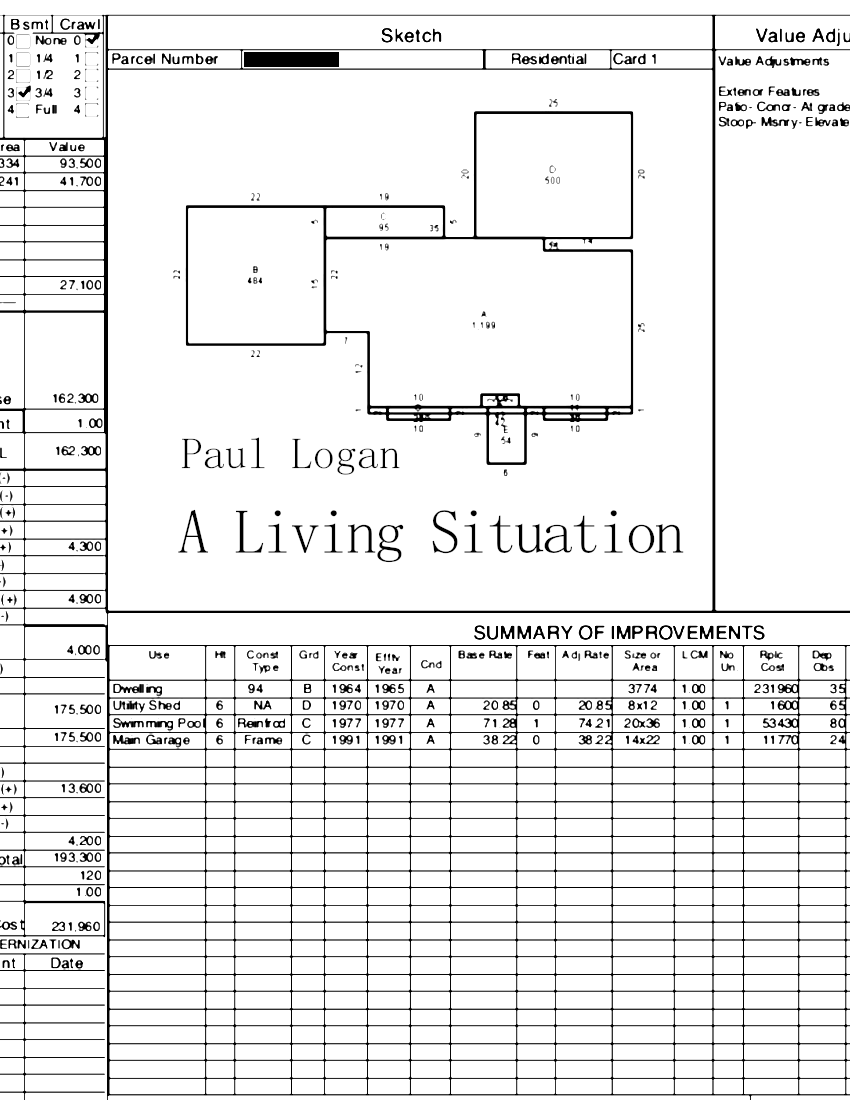Let's get Ligural: Literal and Figurative at the same time.
From the ashes of Zeugma and Syllepsis, a Wikipedia article review.
"Zeugma and syllepsis" is the most confusing Wikipedia article I have ever read. And that’s saying a lot.
Before you start reading; I want to be clear:
This is not an explanation post. It is a review of an article that will remain beyond my comprehension until I die.
I attempt to read a lot of articles on quantum physics despite having never taken a physics course. So it’s a big deal when I say this article is noteworthy in its lack of comprehensibility to me. It doesn’t even include greek letters! Though it does include latin words, the dirty cheating cousins of greek letters.
Z & S
Let’s look at the table of contents to situate ourselves and see what we are getting ourselves into, maybe it isn’t so bad:
Syllepsis is doing overtime as the Eiffel tower (not the building) of grammar . It’s used for any time you use a single phrase to join different parts of a sentence, and is generally one of the reasons English sucks to learn. According to someone with edit access to Wikipedia, it has 4 often overlapping and competing definitions.
The word itself is in competition with another word, Zeugma, which defines a more niche situation in which the same phrase joins two halves of a sentence but is being a cheater and only really makes sense with one of the words. Or at least that’s what some users think, the talk page can't agree.
I really like that the type 3 definition for syllepsis is literally just a definition of zeugma, but zeugma still has its own sections with their own definitions.
Zeugma also has 4 overlapping and competing definitions, so there’s a comforting symmetry here. The authors have been kind enough to provide us with a few choice examples for clarity. My favorite ones in this english-language article include:
Vicit pudorem libido timorem audacia rationem amentia.
Populus Romanus Numantiam delevit Kartaginem sustulit Corinthum disiecit Fregellas evertit.
Vicit pudorem libido timorem audacia rationem amentia. (Yes, that’s a repeat. This one is used once in the definition for type 3 syllepis, and then again in the definition for Prozeugma.)
Also can we talk about the completely ludicrous naming scheme for syllepsis’ sections? I wrote a short play about it:
“Hey we’re going to define this word, it has 4 definitions, the best way to differentiate them to readers of this reference text is probably just to label them 1-4 right?”
“Does anyone else on the planet associate those definitions with those numbers?”
“No of course not don’t be silly.”
“What if you titled them to give some indication of what they might mean, rather than an arbitrary number that literally nowhere on the planet other than this reference text uses?”
“What if you shut up? Did you think about that?”
exeunt.
I could go on for literal hours about how bad this article is. It’s bad on a combinatorial level. The terrible qualities of its parts somehow add up to a whole that is exponentially worse than any of them could have been individually. It has singlehandedly convinced me of the existence of strong emergence in the worst way possible.
There is only one, tiny, saving grace peeping out like hope in Pandora’s box. Type 4.
Ligural
The reason I started writing this article is to plead for a new word for the brilliant concept that’s been unceremoniously tacked onto this fever dream of a wiki page. We need another word for Wikipedia’s fourth definition of Syllepsis. I don’t care what the word is, but I’m going to use this one for the rest of the piece.
Figurative and literal the same time: ligural.
Normally I’m against trying to coin language, but this feels like saving a brilliant child from an abusive home. Ligural is defined concisely in the most cogent sentence of the zeugma/syllepsis disasterpiece:
A special case of semantic syllepsis occurs when a word or phrase is used both in its figurative and literal sense at the same time.
It’s an elegant concept. Especially if you’re punny like myself. Let’s compose a list of excellent ligural phrases:
If a roustabout works a graveyard shift, they are burning the midnight oil.
“Burning midnight oil” is the ligure here, the roustabout is both literally burning oil and figuratively burning oil by working overnight.
He took his hat and his leave.
“Took” is the ligure here- one takes a hat literally and a leave figuratively
If I said you had a beautiful body would you hold it against me?
“Hold” is the ligure.
Eggs and promises are easily broken.
Again, “broken” is the ligure. You literally break an egg, you figuratively break a promise.
You are free to execute your laws and your citizens as you see fit.
“Execute” is the ligure. One literally executes people and figuratively executes written instruction (e.g. to execute a will.)
She lowered her standards by raising her glass, her courage, her eyes and his hopes.
“Raise” is the ligure. One literally raises a glass and figuratively raises hopes.
Will you help Ron Jeremy deliver the mail? He’s got a huge package.
“Package” is the ligure here, it is literally a parcel and figuratively a massive dong.
“But wait!” You might say, “this is all just double/triple entendre!”
Not the case. Plenty of multiple-entendre exists without being ligural. It just happens that often multiple meaning requires figurative and/or literal use. This is far from always the case, though. Take Jay-Z as an example:
My pops knew exactly what he did when he made me/Tried to get a nut and he got a nut and what
Though this line is chock full of meaning, there’s no literal nuts that are being described. For another counterexample, see Tobias Funke:
Speaking of all of the wonderful examples we get from hiphop and music:
I build mine off fed time and dope lines, You caught steam off headlines and co-signs - Pusha T
"I only make classics now what that take? Timing Cole under pressure now what that make? Diamonds" - J. Cole
Rush’s Moving Pictures album cover, featuring men moving pictures, pictures which are moving an audience, which is being filmed for a moving picture.
There’s enough extra content here that I think the phenomenon deserves its own word, and not some ghetto in the the zeugma rhetorical slums or a nice one bedroom in entendre-ville. We’re setting ligural up outside of town in a nice cottage.
I even liguralitively named my book of poetry A Living Situation, which solidified my fondness for the rhetorical device.

Conclusions
First off, we need a new word for things that are simultaneously figurative and literal. I proposed the word ligural. You, the internet, will likely step on my face and say mean things about me having the hubris to think I could propose a word. I’m one step ahead of you fools.
Second, this Wikipedia article is a crime against humanity. We’ve allowed all this language about language nonsense to get out of hand. It must be stopped. This has gone too far. For too long have we allowed language to carry on. And so my friends, I leave you with the only conclusion left:











